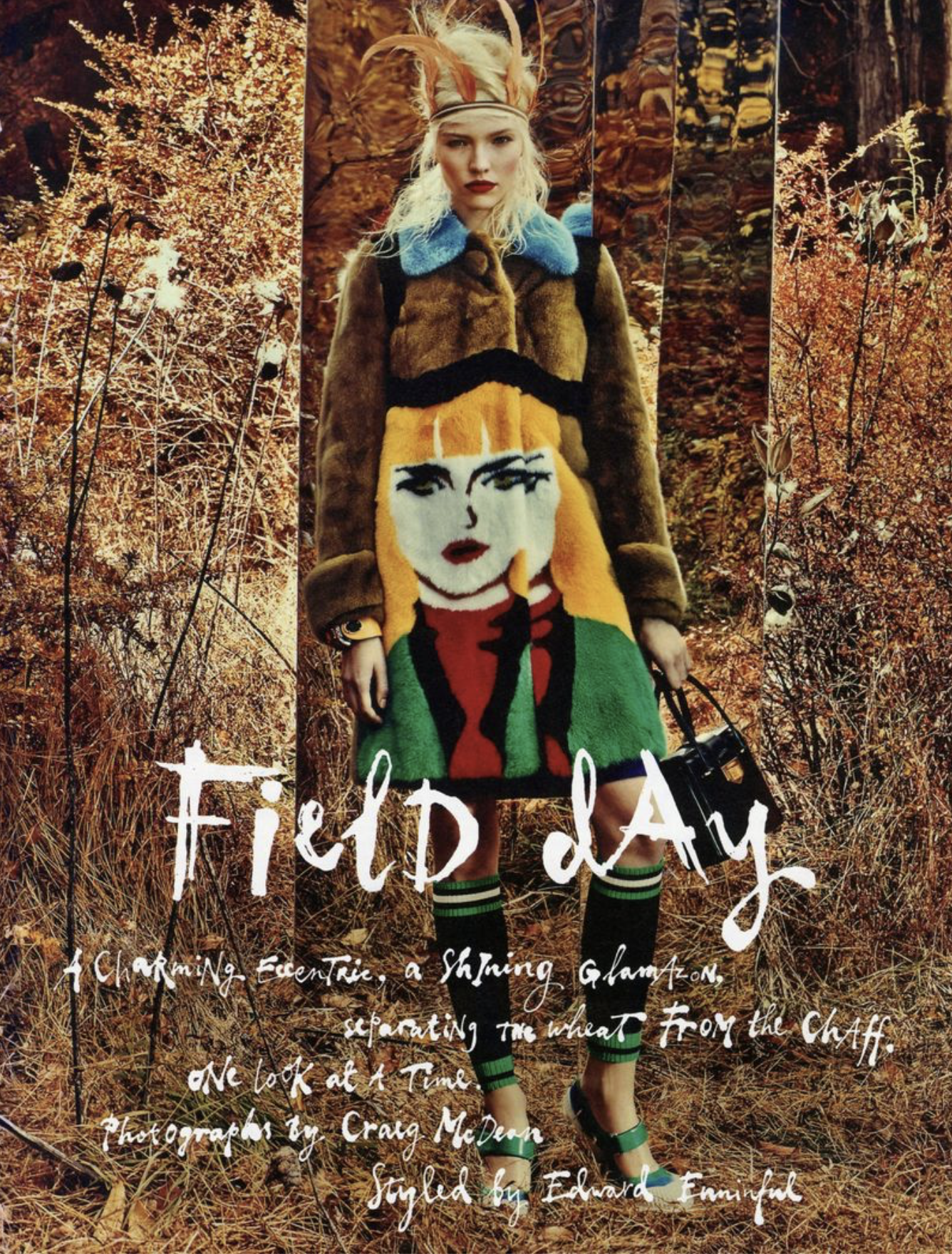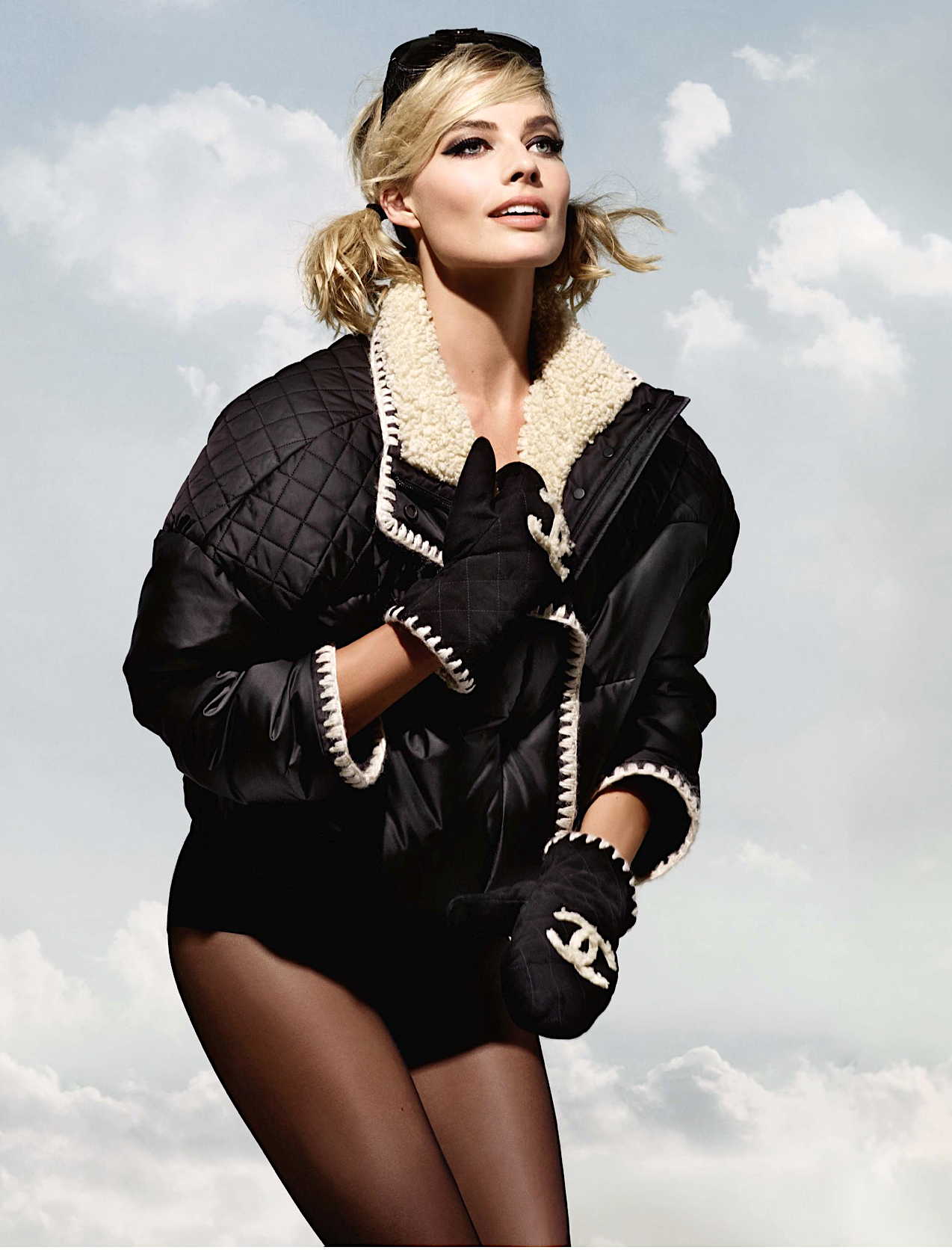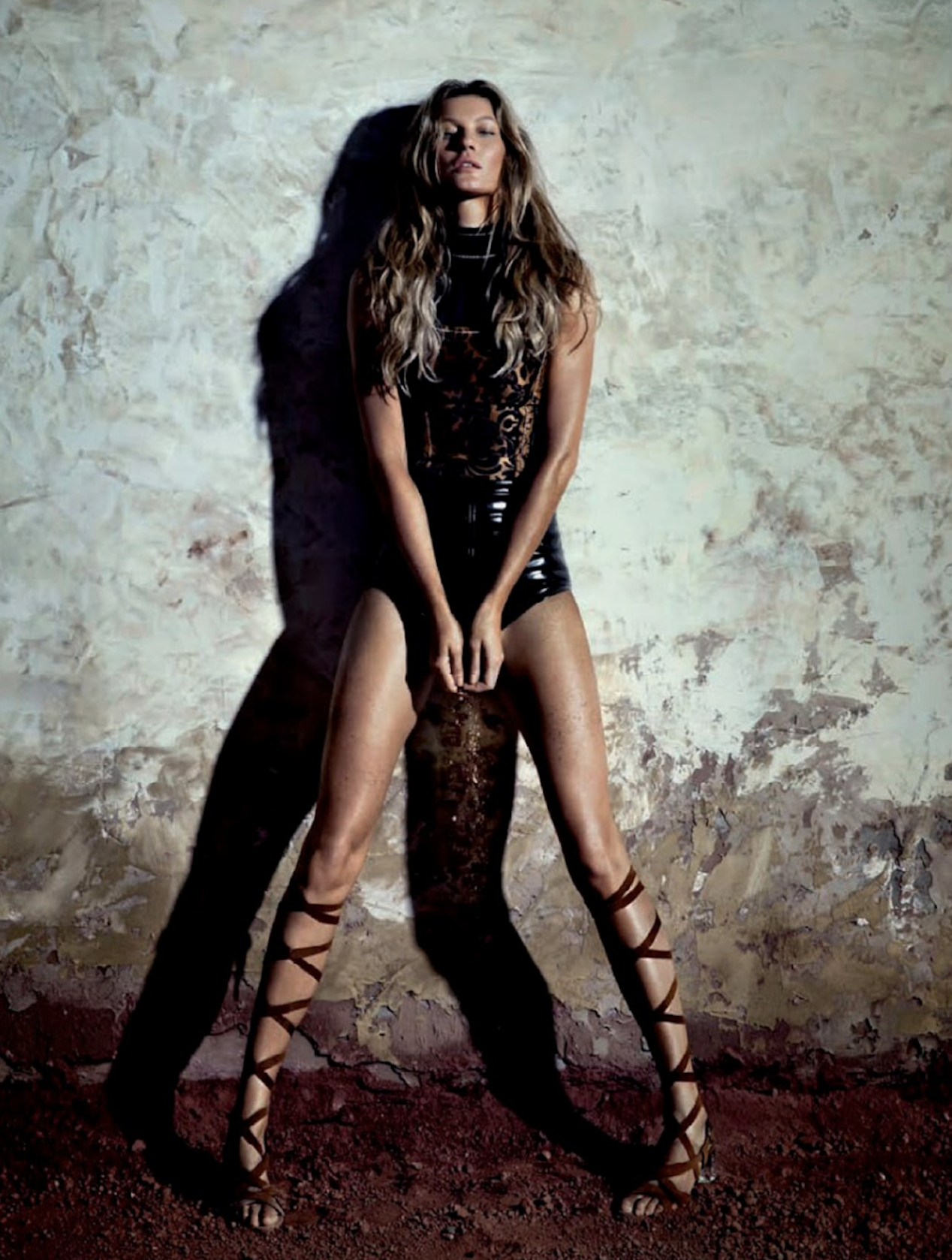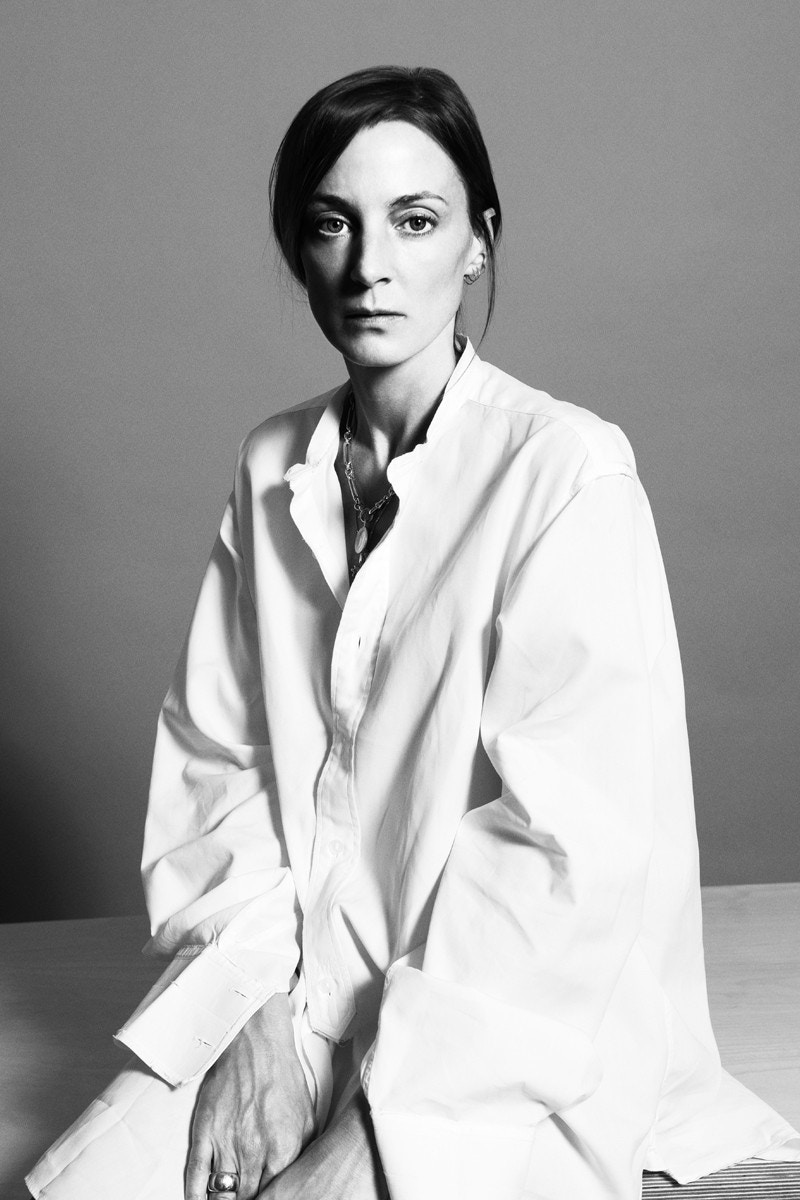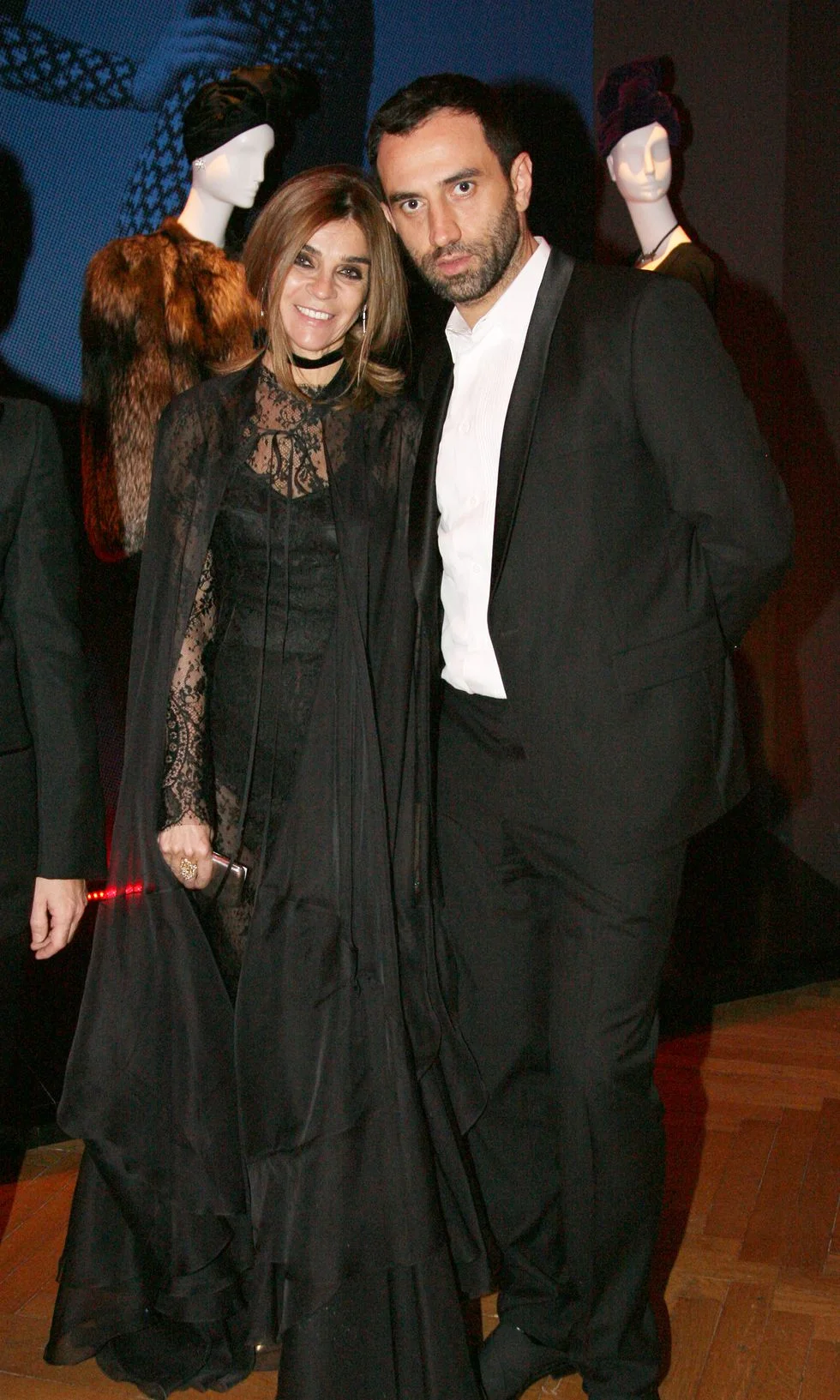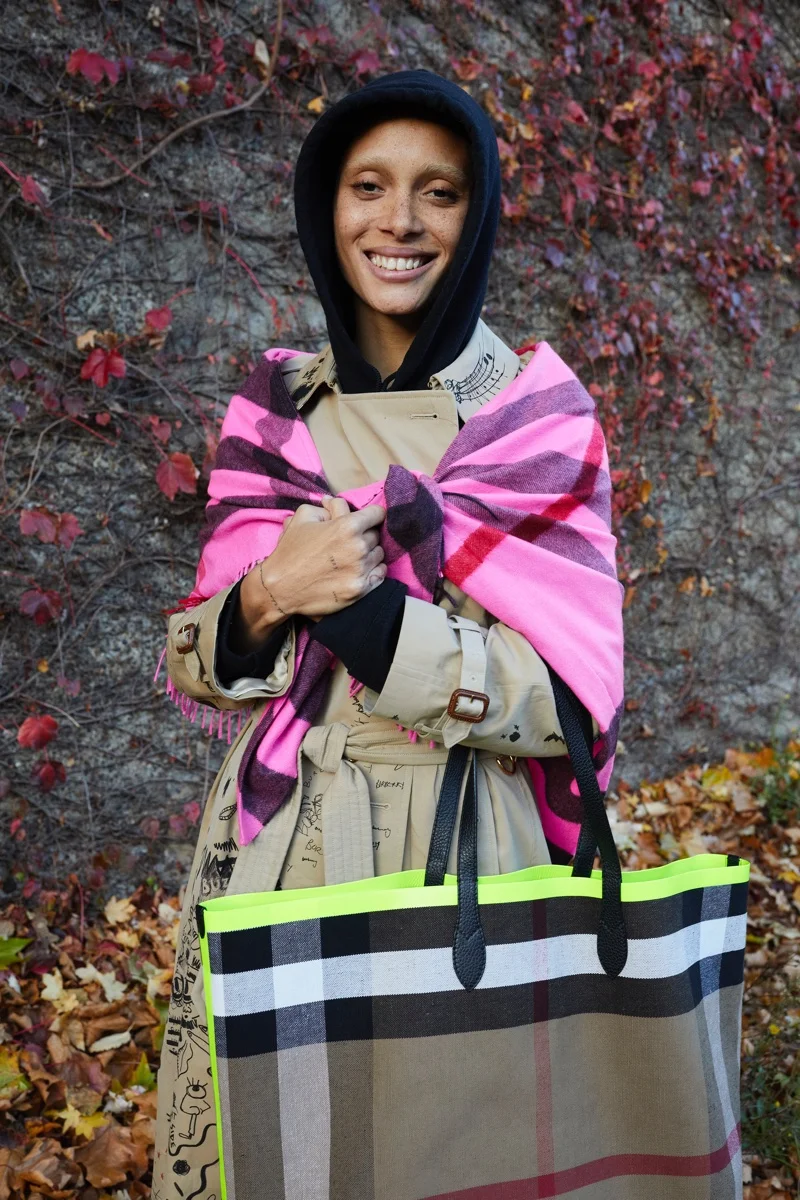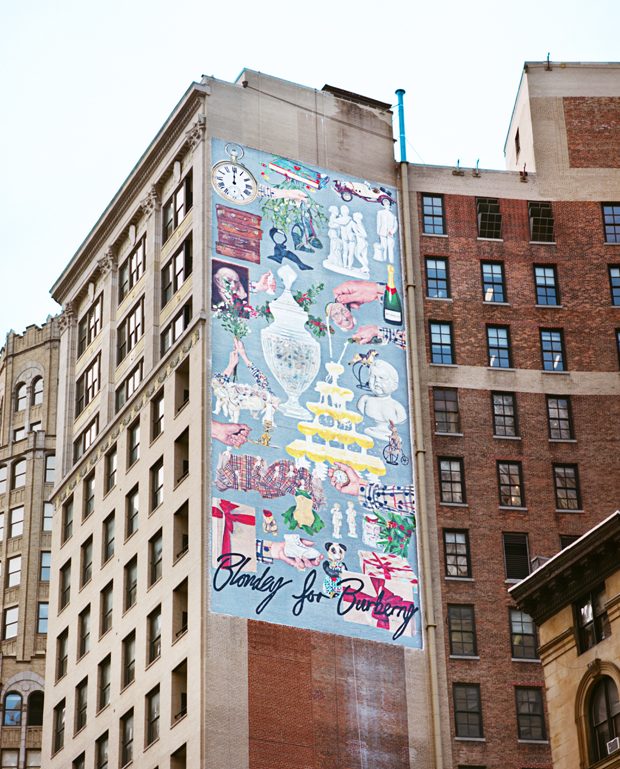Eye: As Phoebe Philo Prepares To Leave Céline, Will She Sink Deeply Into Her British Roots?
/Phoebe Philo is officially leaving Céline, after a decade spent restoring and reinvigorating the LVMH label as a favorite of powerful, working women. WWD reports that Philo's last collection for the label will debut at Paris Fashion Week Fall/Winter 2018, with succeeding collections crafted by various Céline employees until a new creative director is appointed.
In a brief statement announcing the news, Ms. Philo thanked her team, and Bernard Arnault, chairman and chief executive of LVMH Moët Hennessy Louis Vuitton, the luxury group that owns Céline, said: “What Phoebe has accomplished over the past 10 years represents a key chapter in the history of Céline. We are very grateful to Phoebe for having contributed to the great momentum of this Maison. A new era of development for Céline will now start, and I am extremely confident in the future success of this iconic Maison.”
Vanessa Friedman writes for the New York Times:
Remaking the brand in her own image, one that catered to the female gaze, she stripped away fuss and frippery. Her Céline was a Céline of the mind, rather than of the Plaza Athénée, and it was a resounding success. Unlike many designers, she did not pay lip service to the house DNA or past styles, preferring to insist that while she was designer, Céline would be what she made of it. She also stayed away from playing the celebrity game. Her first ad campaign famously did not include the heads of the models, ensuring the focus would be on the clothes and bags.
Related: Phoebe Philo's 10 Most Memorable Moments At Céline CR Fashion Book
An independent-minded woman, Philo left Chloé in 2006 after five years as creative director and after the birth of her first child. It's noteworthy that the designer was the first high-profile designer to take a maternity leave.
Phoebe Philo's roots always remained in London, where Mr. Arnault agreed to make her home base, when she finally agreed to join Celine. The powerhouse LVMH even made her a satellite Céline atelier in London, where she could work, leaving her to travel to Paris as necessary.
While the industry doesn't know what steps Philo will take next -- and surely she has a noncompete clause in her contract to prevent her from joining another brand at once -- smart bets have Philo joining Marco Gobbetti, who left Céline to become chief executive at Burberry earlier this fall.
As Vogue points out, Gobbetti and Philo have make a spectacular team. During her two-year hiatus before joining Céline, Gobbetti cleaned house at the label, closing stores Philo didn't like before she arrived and waiting out the time it took her to join the label. Dior's artistic director Maria Grazia Chiuri has officially claimed female empowerment as a core message of the label. But Philo has long been tuned into the trajectory of modern women.
With the rise of Trump and nationalism worldwide, bested by the 2017 Women's March and the #MeToo movement, Phoebe Philo could totally bring her intuitive brain vibrations to the restructuring of Burberry.
Sarah Mower explains: "Although she can’t bear intellectual talk about clothes, whatever logic Philo applies results in a finely tuned psychological reading of women’s needs, and of the times we live in. At Céline, she caused a shift in aesthetics and values, from frivolity to seriousness, from red carpet to business suiting, from maximalism to minimalism. Crucially, it was ultra-timely, too, synchronizing as it did with the 2009 crashing of banks and the financial panic that ensued. Philo’s Céline intro—stripped down, cleaned-up daywear—operated as fashion’s sudden market adjustment. Here at last, were sound and sane long-term fashion investments: camel coats, well-cut trousers, silk shirts, a classic leather shoulder bag with a gold catch. Trusty, classy tools to help you do a job of work while all the world was falling apart. Grown women who’d been cast adrift on oceans of post-boom cocktailwear hailed her as a savior."
Philo’s husband, art consultant Max Wigram, told Vogue in 2001, the year she took over as head designer of Chloé, that “the world goes in through her eyes.” That hasn’t changed. “I’ve always felt somewhat of an outsider in the industry,” Philo says. “I like being an observer—of myself, my surroundings, the people close to me, and, of course, the bigger world.”
Philo's friend the architect Sophie Hicks points out that “she’s not obsessed with fashion. She’s detached enough from it to feel the culture in a wider way. That’s probably why she’s so successful.”
While Philo is notorious for avoiding conversations about the 'meaning' of clothes, the designer has described a post-Brexit, post-Trump election environment that "feels very brittle. There’s a lot of mistrust in the air, which is unsettling. Minorities are feeling particularly fearful, understandably. I think we have a problem in not wanting to talk about the complexities of everything we’re living with: religion, women, men, globalization. People just want it to be good or bad. It’s a bit of a shutdown, and if we don’t address it and talk about it, we won’t heal. From my own standpoint,” she continues, “I’ve always liked very diverse and different things. I’m very curious about ‘the other.’ I’m very interested in including that—the offness, the chink. If something doesn’t have that, I don’t gravitate toward it.”
In the aftermath of the January 21 Women's March, Philo was quick to point out an exploding level of home-grown activism in America, noting that “people (are) beginning to gather up their strength and their courage." The Céline team often discusses the current fractured political situation; how “it stops people from looking around and getting in touch with their compassion and their ability to connect to others. These are things we talk about when we’re designing. They just come up. We have these conversations that have nothing to do with clothes or product.”
Inevitably, global politics work their way into the collections, notes Philo. “They’re in the room while we’re making them.”
In general reading about Philo, her view emerges in quiet ways that she believes the Brits have better race relations than the French. I noted earlier this week the Juergen Teller's new ad campaign for Burberry captures an important and hopeful moment in modern-day London. Moving to Burberry when she is contractually free and emotionally/psychologically ready could present a platform for Philo's most important designer role yet.
Watching 'The Crown's' second season, I've thought a great deal about women and duty this week. In the midst of torrents of bad-boy behavior revealed in the #MeToo movement and the accompanying, working class #WhatAboutUs hash tag revealed in this week's stunning, staggeringly frank reveal How Tough Is It to Change a Culture of Harassment? Ask Women at Ford', we see just how entrenched the male power structure everywhere we look. Yes, working class men are suffering, but the naive belief that women don't bear the brunt of that frustration has been laid bare in recent months and especially in this article.
Burberry has a historical and unique opportunity to process, articulate and develop this new aesthetic around gender relations for a new era. It seems natural that Phoebe Philo has a unique and timely capacity to tap into what could be a profound moment in the Burberry brand's storied history. ~ Anne

